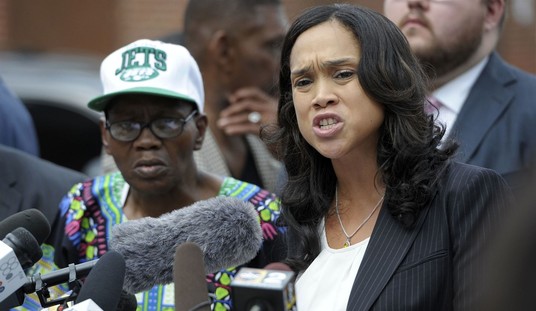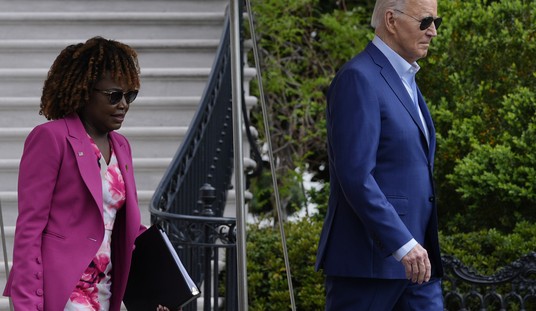There are a couple of things that we've seen in common when it comes to slavery reparations plans proposed around the country, primarily in blue states. The first is that Democratic politicians love to talk about reparations, launch studies, establish task forces... anything they can do to make headlines alongside the word "reparations." This is particularly true during an election year. Of course, the second commonality between proposals in California, New York, and elsewhere, is that they inevitably fall flat on their faces when it becomes clear that no states have the kind of money in their budgets that would be required to pay meaningful reparations to that many people. But now a new contestant has entered the playing field and she comes to us from... Texas? Yes, there are still Democrats in the Lone Star State, including one of the newest, freshman Representative Jasmine Crockett. She represents South Dallas County. During a recent interview on a podcast, she suggested that rather than sending out massive checks to Black voters, the government should make them all exempt from paying taxes. What could possibly go wrong? (New York Post)
A Democratic congresswoman is calling for black Americans to be exempt from paying taxes as a form of reparations — though she admitted that the plan may not work because many poorer black people “aren’t really paying taxes in the first place.”
Jasmine Crockett, a freshman representative from Texas, said she heard a celebrity — though she could not remember which one — propose making black people tax-exempt, and thought, “I don’t know that that’s … necessarily a bad idea,” she recounted in an interview with “The Black Lawyers Podcast” last week.
“One of the things they propose is black folk not have to pay taxes for a certain amount of time because … that puts money back in your pocket,” Crockett told host J. Carter.
To be fair here, making someone fully exempt from taxes would work out to be the same as "putting money back in your pocket," as the congresswoman described it. But she also immediately admitted that the poorest Black Americans "aren't really paying taxes in the first place." That's an astute observation. If you are someone of any skin color who is hovering at or below the poverty level, I'm probably paying more in taxes than five of you or more combined. (And I'm really not that far up the economic ladder.)
So should we assume that if this brilliant plan wouldn't apply to the poorest Black workers, those who are doing a bit better for themselves should be made tax-exempt instead? Perhaps someone like... Congresswoman Crockett? Or how about Supreme Court Associate Justice Clarence Thomas? Oh, dear. No. Perish the thought. The liberals watch his money like a hawk and they don't want him to do even better than he has. How about Barack and Michelle Obama? I could see the left going along with that, but we would be giving up on a significant chunk of revenue after all of their book deals and mansions.
Of course, Crockett's "plan" (if we want to be generous enough to call it that) runs into the same problems as every other reparations deal when you peer at it too closely. Who would qualify for this tax-free status? Everyone who "self-identifies" as being Black? That's going to be a very long line of applications and a huge hit to the Treasury. Would it be anyone who can produce a DNA test showing that they legitimately do have Black and/or African-American genetic heritage? Well, then apparently I qualify, though I would never accept the refund on that basis. How about only those who can trace their ancestry back to slaves and former slaves? We might consider that I suppose, but records back in the 1800s are spotty at best. You'll be missing a lot of people.
This is all simply preposterous. You go out and find me a Black person in America alive today who was ever legally held as a slave with the government's blessings and I will personally vote to give them a million dollars and tax-exempt status. How does that work out for you? I'm fairly sure the Treasury won't take too large of a hit from that plan.








Join the conversation as a VIP Member